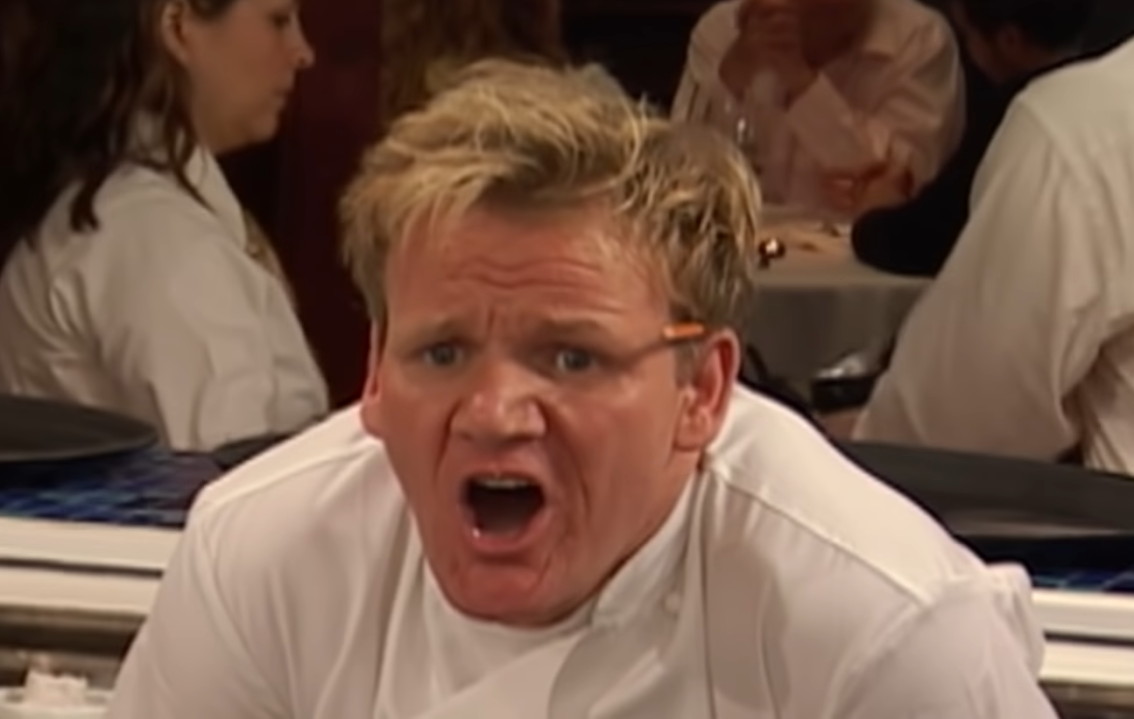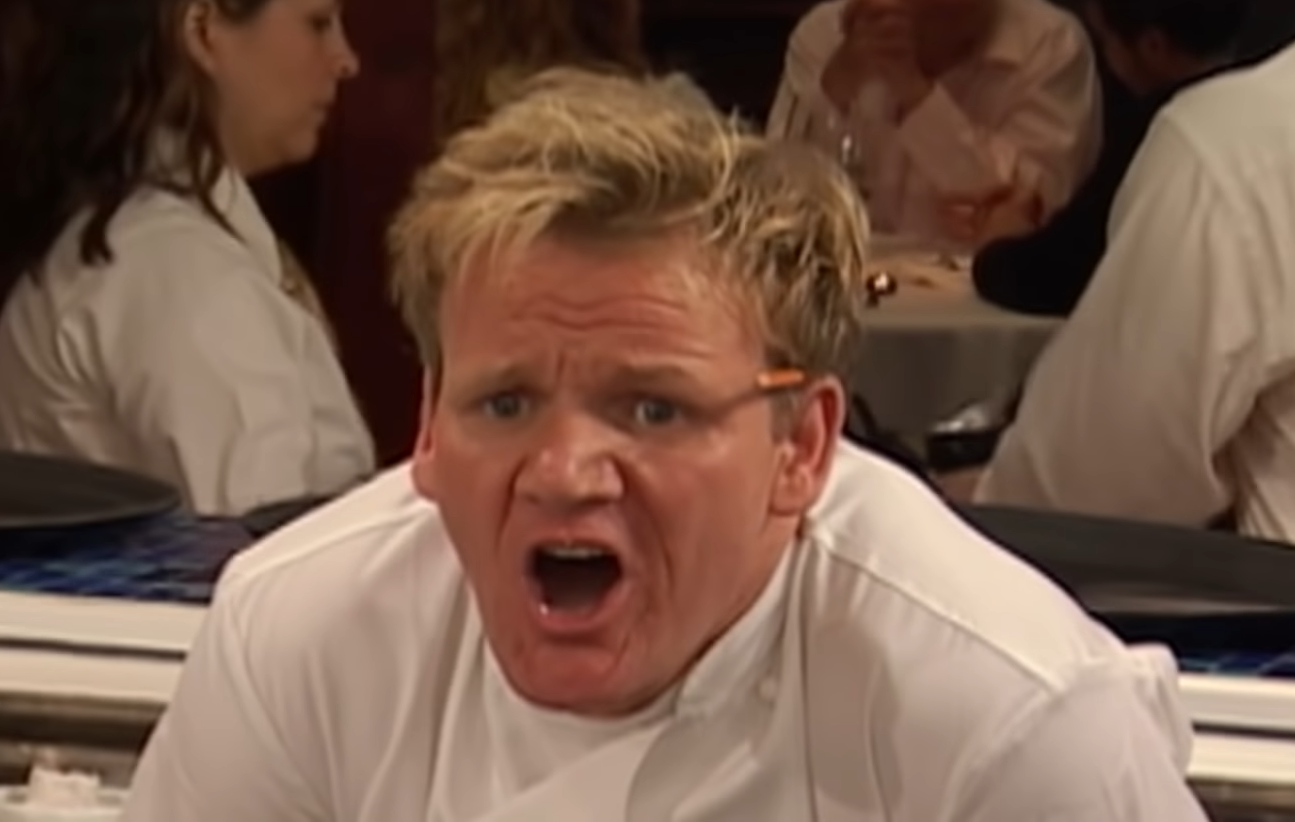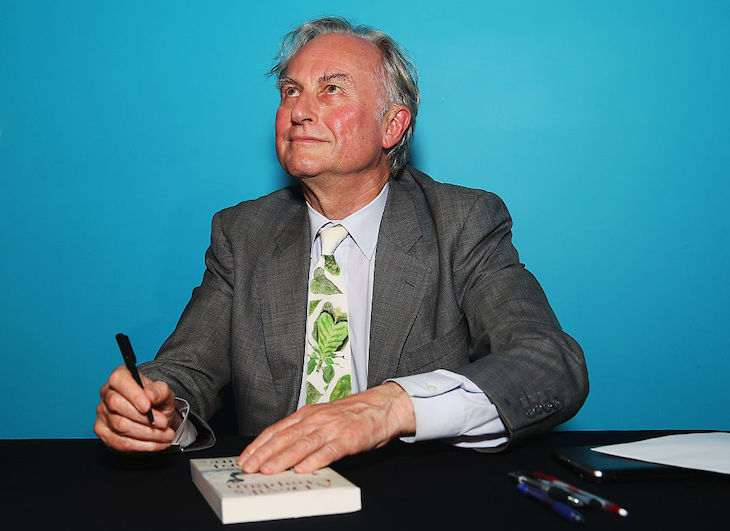I have been in charge of a pizzeria in St John’s Wood for less than a year and already I feel misanthropy taking hold. Most notably, a complete disdain for the general public; I used to think I hated them, but now I can confirm that I definitely, really, hate them. Service is the heart of the hospitality industry, but there’s a certain kind of person who mistakes the waiters and chefs for a cadre of private staff. I used to moan, but now I just numbly get on with putting ketchup in a ramekin for them to have with their sweetcorned pizza. They win – they always win.
Then there is the sycophancy. Is there anything more embarrassing than a fully grown man going doe-eyed at the thought of a mention on a website or Instagram page? I am sure my family would lose respect for me if they saw how I yearn for the approval of these keyboard warriors, offering endless free food for a modicum of praise. Maybe some people have got thicker skins and realise this is just how food criticism works, but I, for one, hate myself.
I used to think that years of professional experience should warrant respect. These days, I worry I’m becoming ageist. The same thing happens every time I offer a middle-aged man a trial shift. He comes in, tells me I’m doing my job wrong, reels off a list of better places where he’s allegedly worked, while glossing over the reason he needs a new job. In any other workplace, this would be considered an ‘interesting’ interview technique.
Next, doctors save the lives of their patients, soldiers save the lives of their comrades and miners play with their lives deep in the bowels of the earth. Each of them is a hero in their own right, and yet somehow none of them works as hard as me. Any mention from friends or colleagues of tiredness or stress will elicit a response that my life is more difficult in ways they could barely fathom.
Finally, I have quite a long address book. Expecting every person I know to visit my restaurant would be unreasonable. Making a list of those people would be deranged, because then I would have to keep track of which of my unsupportive so-called friends haven’t been to eat my delicious food. I would be forced, almost by accident, to really twist the knife when I see them, using it as evidence that they have actually always hated me. This is called emotional blackmail, and I would never, ever deploy it.
I might have been laying this on a bit thick. I’ve still got a smile and a kind word for most people, and still feel giddily grateful whenever we sell out; however, my sense of myself as a decent person has certainly declined. Most would look at the crushing prognosis, give their notice to the general manager and make a beeline for an office job – but I think I can speak for most chefs and say that will never be me.
In primary school, we each had to give a presentation on what we wanted to be when we grew up. While others wanted to be marine biologists or detectives, I spoke for half an hour about how I wanted to be a chef, complete with a biscuit-making demonstration. It went quite well.
There’s a certain kind of person who mistakes the waiters and chefs for a cadre of private staff
It took about 13 years, three science A-levels and a philosophy degree, but I got there. I know I’m odd, as trading in your social life, circadian rhythm and natural light requires an odd sort of motivation. I, like so many, was inspired by those who came before.
If you don’t know who Keith Floyd is, then you will almost certainly know of Anthony Bourdain. Both were head chefs of multiple restaurants, both charmed the world with their casual oratory and neither seemed to give a damn what anybody thought of them. As I was deciding on my future, I saw these men jetting around the world, eating, cooking and drinking – and asked: why not me?
What I missed was that behind the rock ’n’ roll globetrotter image of Floyd and Bourdain were two lonely men who died far too young. I, like many others, was blind to their melancholy, seeing them only in the throes of what they loved, and not whatever it was they were escaping.
It would be fair to say that cheffing has changed for the better since Floyd and Bourdain’s times. Cocaine is slowly being pushed out, ritual abuse isn’t tolerated and toxic competitiveness is being replaced with collaboration. But a full work-life balance is still out of the question, particularly if you are in a relationship with a non-chef.
All of that stuff seemed daringly romantic from the outside. Now I wonder whether becoming a chef is a symptom of unhappiness, or a cause. But right now my printer is spewing out orders, I’ve got 50kg of dough that’s about to grow legs and walk off, and I’m just simply too busy to think about any of it.








Comments